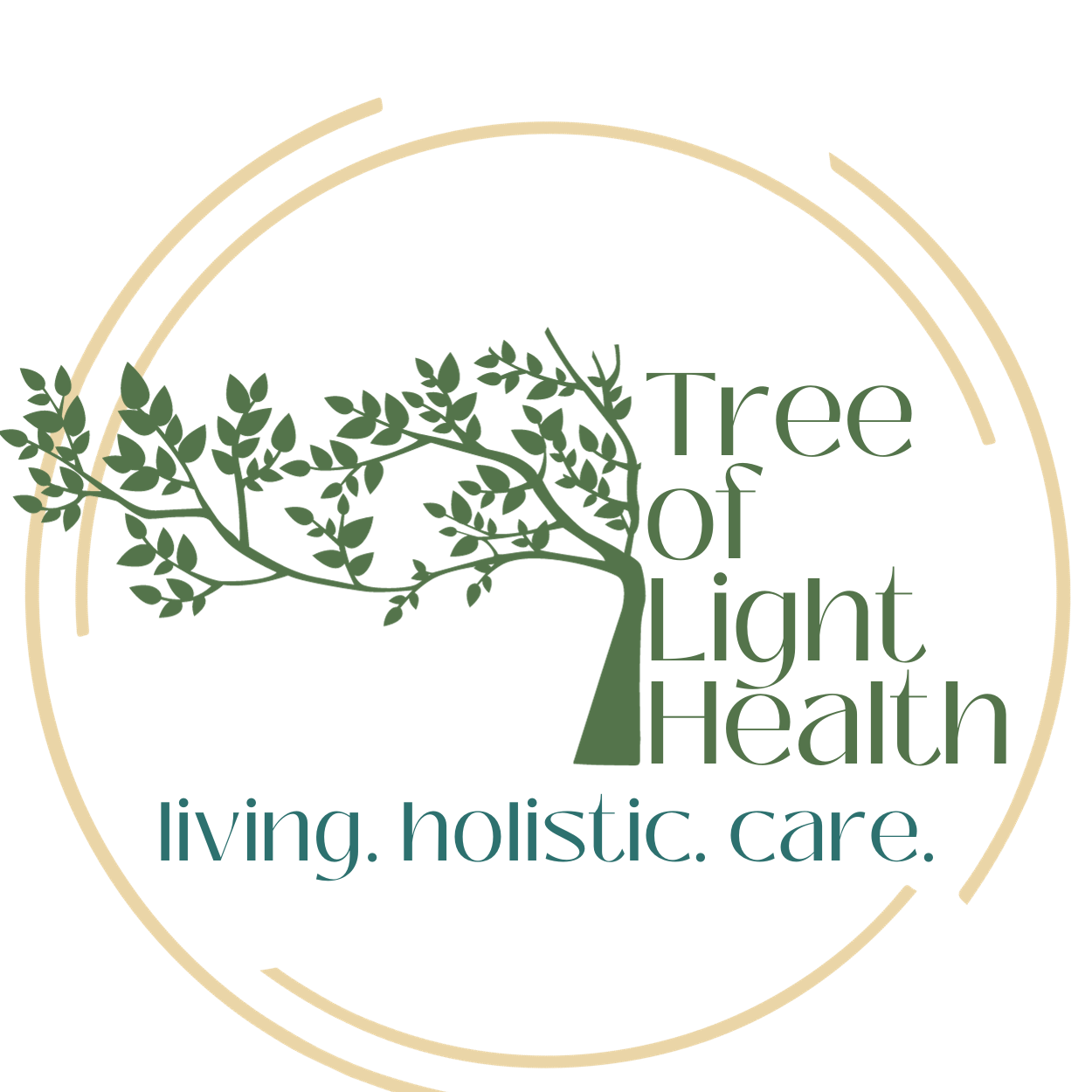ADVANCED
BIOFEEDBACK
Biofeedback is simply a way to retrieve information from the body. This, combined with a thorough history and physical exam, standard blood work, functional medicine testing, diagnostics, and other diagnostics, help us to get a more comprehensive view of the patient.
Perhaps the oldest form of biofeedback is the EKG, or electrocardiograph, which gives precise measurements of the heart. From this, we can determine various heart arrhythmias, heart disorders, etc. Over the years, this basic technology has evolved into things like heart rate variability, which gives us a vast array of information regarding one's stress level, immune and hormonal status, and even mitochondrial health. This technology has evolved into biofeedback instruments you can use at home to improve stress levels, anxiety, and sleep disorders. An example of this would be Heartmath.
One form of biofeedback that we use to look at the vast complexity of the body and to get quick answers is something called Meridian stress analysis. This technology has advanced over the years, and many instruments are on the market. While we have found these to be somewhat helpful, in our experience, they are lacking in critical ways in determining the precision and accuracy we need to determine root cause issues and priorities. Therefore, we like to use our hands instead of computers. This is similar to an experienced mechanic who likes to use his intuition and powers of observation instead of relying on computers to determine the problem.
Our primary tool is an advanced biofeedback technique called Autonomic Response Technique*, developed by Dr. Klinghardt, Ph.D. MD. Dr. Klinghardt, who has been in practice for over 47 years, still uses this advanced form of muscle testing to help determine root cause problems in patients with chronic illness. We also incorporate other kinesiology forms taught by well-known kinesiologists such as Dr. Yoshiaki Omura, M.D., Sc.D., Dr. Brimhall, DC, and Dr. Leibowitz. DC. We are grateful to have learned from these great masters and will continue to expand our knowledge in this area.
Please note that while neural biofeedback and bio-resonance testing methods are beneficial in determining what is stressing the body, they are not considered a method of medical diagnostic diagnosis. Evaluation using standard blood work and diagnostics is always recommended.

